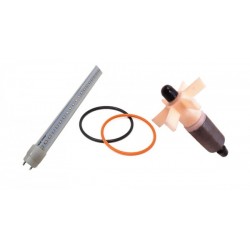Share
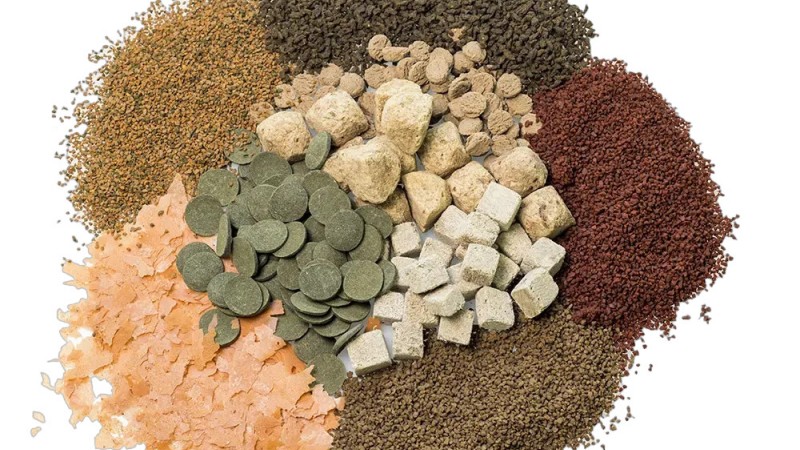
Discus are among the most beautiful and demanding freshwater fish that require special attention to their nutrition. A proper diet is key to their good health, color intensity, and development. In this article, we will look at the most suitable foods for discus, their benefits, and best feeding practices.
Types of foods suitable for discus
- Granulated food
- Frozen food
- Live food
- Freeze-dried food
- Homemade food
Granulated food
Granulated food is a widely used choice for discus feeding. It is developed specifically for the needs of these fish and contains balanced ingredients, including proteins, fats, vitamins, and minerals.
Pros:
- Convenient and easy to dose
- Long shelf life
- Available in different sizes and contents
Granulated foods are available in different variations, mainly divided into hard and soft granules. In the production of hard extruded pellets, processing is carried out at high temperatures and under pressure, which leads to the preservation of smaller amounts of nutrients. In the production of soft pellets, oils are used, which often means a shorter shelf life, but a higher content of nutrients. In order to build a suitable diet for your fish, it is necessary to use a combination of extruded and soft pellets. Despite the lower content of nutrients in extruded pellets, they have another main function, namely to clean the intestinal flora as the pellet passes through. Soft pelleted fish foods are more easily digestible and are absorbed significantly faster than fish. Better absorption and decomposition also leads to lower levels of pollution and accumulation of organic matter in aquariums.
Frozen food
Frozen foods are a natural and nutrient-rich option for discus. Among the most popular options are frozen artemia, tubifex, red worms and shrimp.
Pros:
- Preserves nutritional value
- Safer than live food, as it reduces the risk of parasites
- Suitable for diversifying the diet
One of the most common problems when feeding frozen foods is after using chironomus, not because the food itself is harmful or of poor quality, but because of the mistake made by aquarists to feed their discus with it while watching them eat lakumo. Chironomus has a hard chitin shell that is more difficult to digest, especially for fish that are not fed such food abundantly and the levels of the enzyme that affects processing are low. We recommend that when introducing new foods to your fish's menu, add very small portions so that they get used to the new food, its formula and processing.
Live foods
Live food is an excellent source of protein and stimulates the natural hunting instinct of discus. Artemia, daphnia, tubifex and black worms are commonly used.
Pros:
- Strongly stimulates appetite
- Rich in proteins and natural enzymes
- Supports growth and development
Freeze-dried food
Freeze-dried food undergoes a freeze-drying process, which preserves its nutritional value. Common options are freeze-dried tubifex, artemia and daphnia.
Pros:
- Long shelf life
- Safe from parasites and bacteria
- Preserves proteins and nutrients
These foods are often perceived by discus as a delicacy and they willingly descend on them. They can also be used for treatment, prevention or to add vitamins to the diet, as you can soak the cubes in the desired substance beforehand.
Homemade food
Many aquarists prefer to prepare discus food themselves, using mixtures of beef heart, shrimp, spinach and vitamins.
Pros:
- Full control over ingredients
- Ability to customize according to the needs of the fish
- High nutritional value
It often takes a long time to create the right formula for minced discus, because there is no universal recipe. The food must be tailored to both the age of the discus and the season in which you prepare it, in order to obtain the necessary ingredients. We will pay more in-depth attention in a separate blog article to the preparation of minced discus, so as not to miss important details.
Proper feeding of discus requires variety and balance. Combining different types of food ensures that the fish receive all the necessary nutrients. It is also important to follow a feeding regimen - several small portions per day instead of a single meal. Maintaining clean water and removing food residues are key to the good health of discus.


-250x250.jpg)

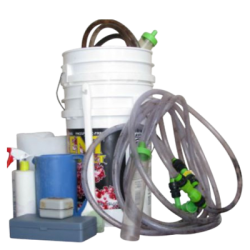


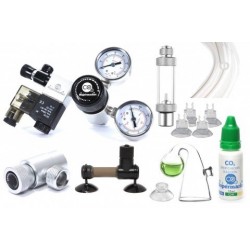


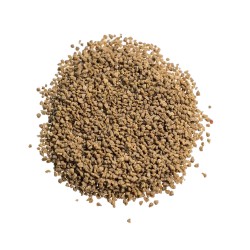

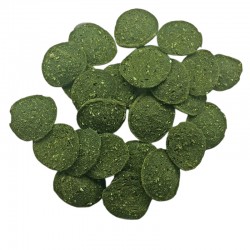

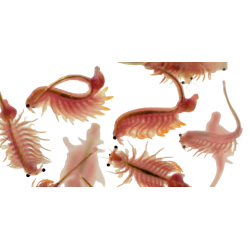

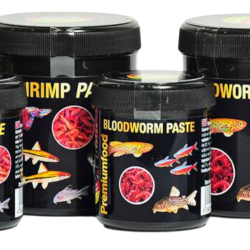
-250x250w.jpg)
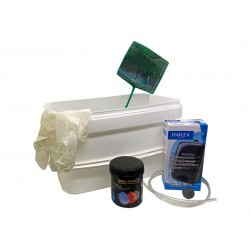
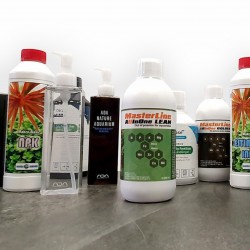
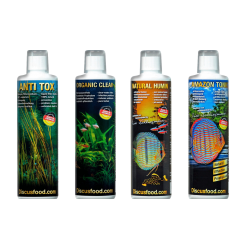


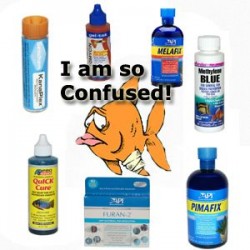

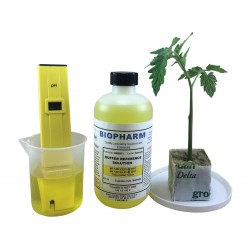
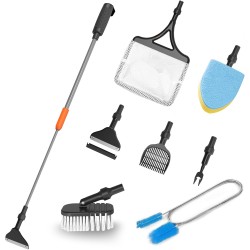
-250x250w.jpg)

